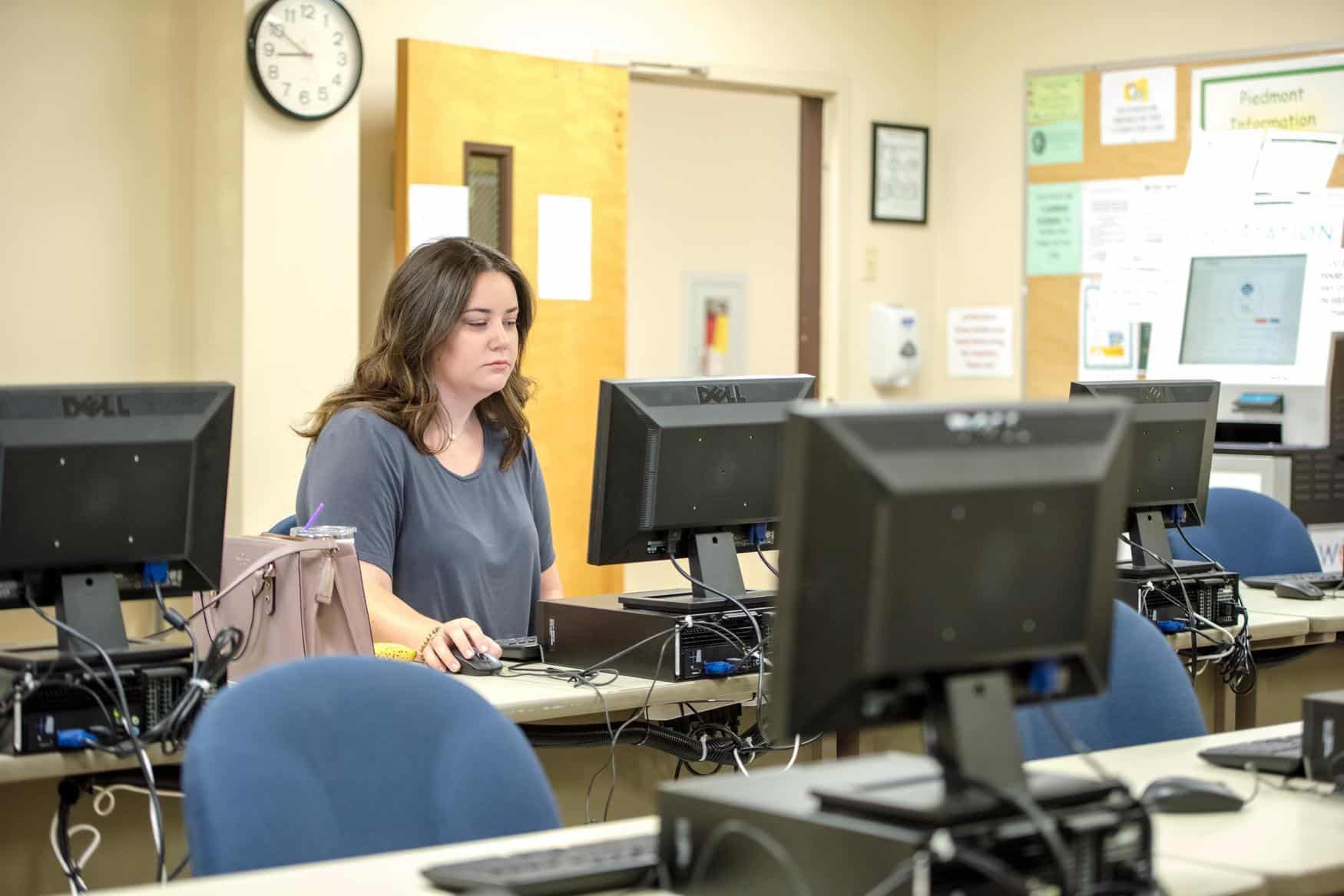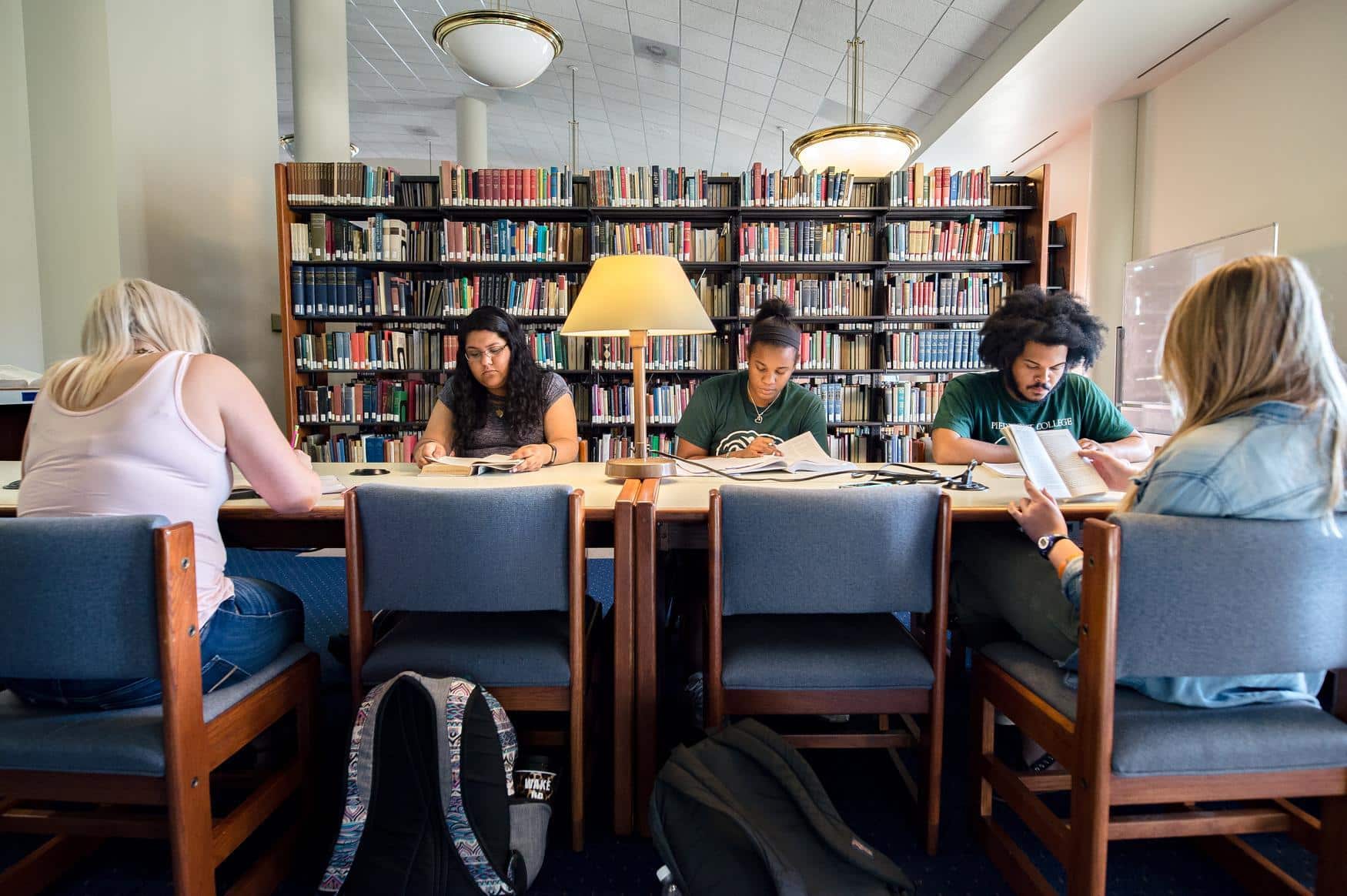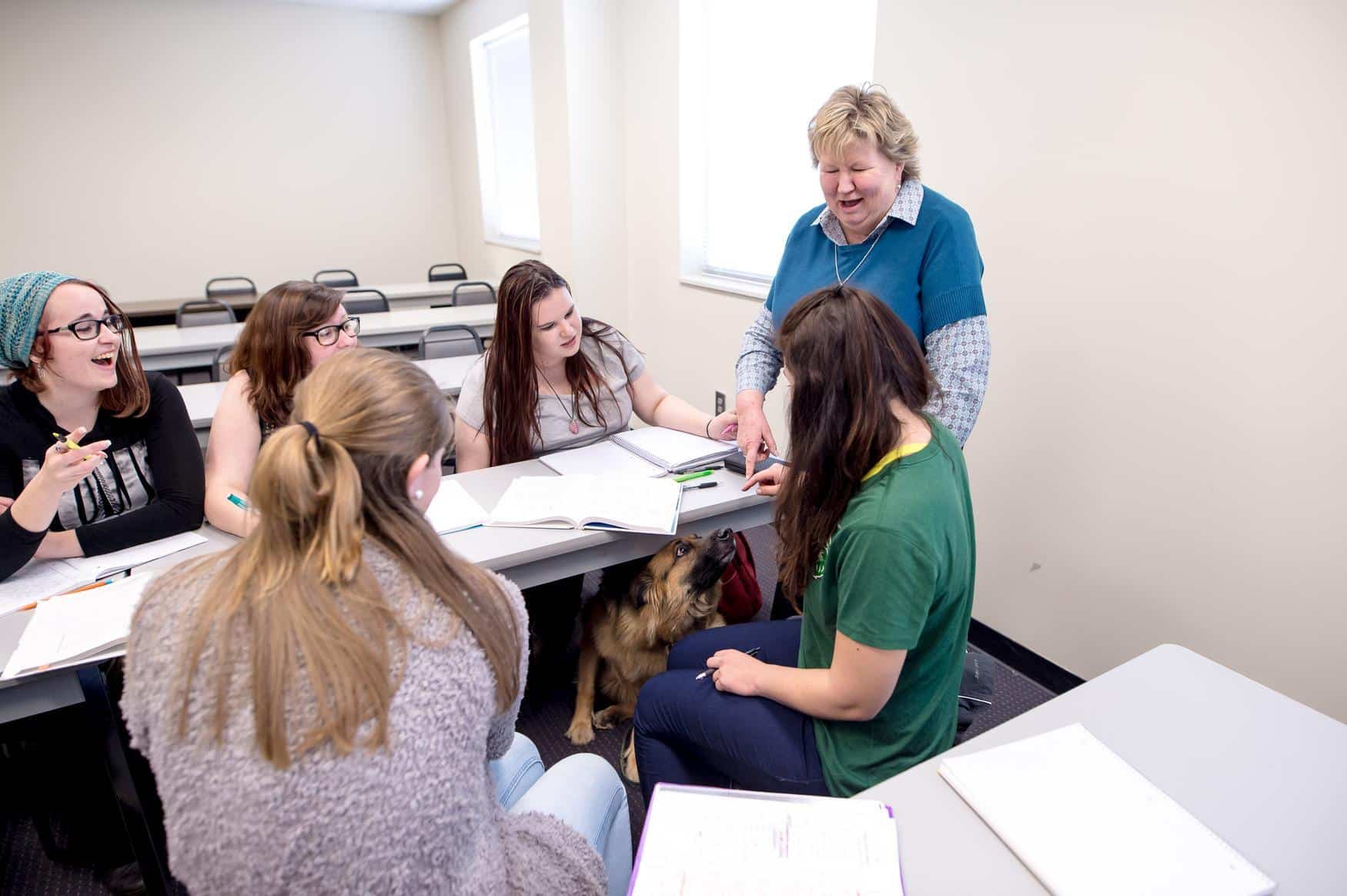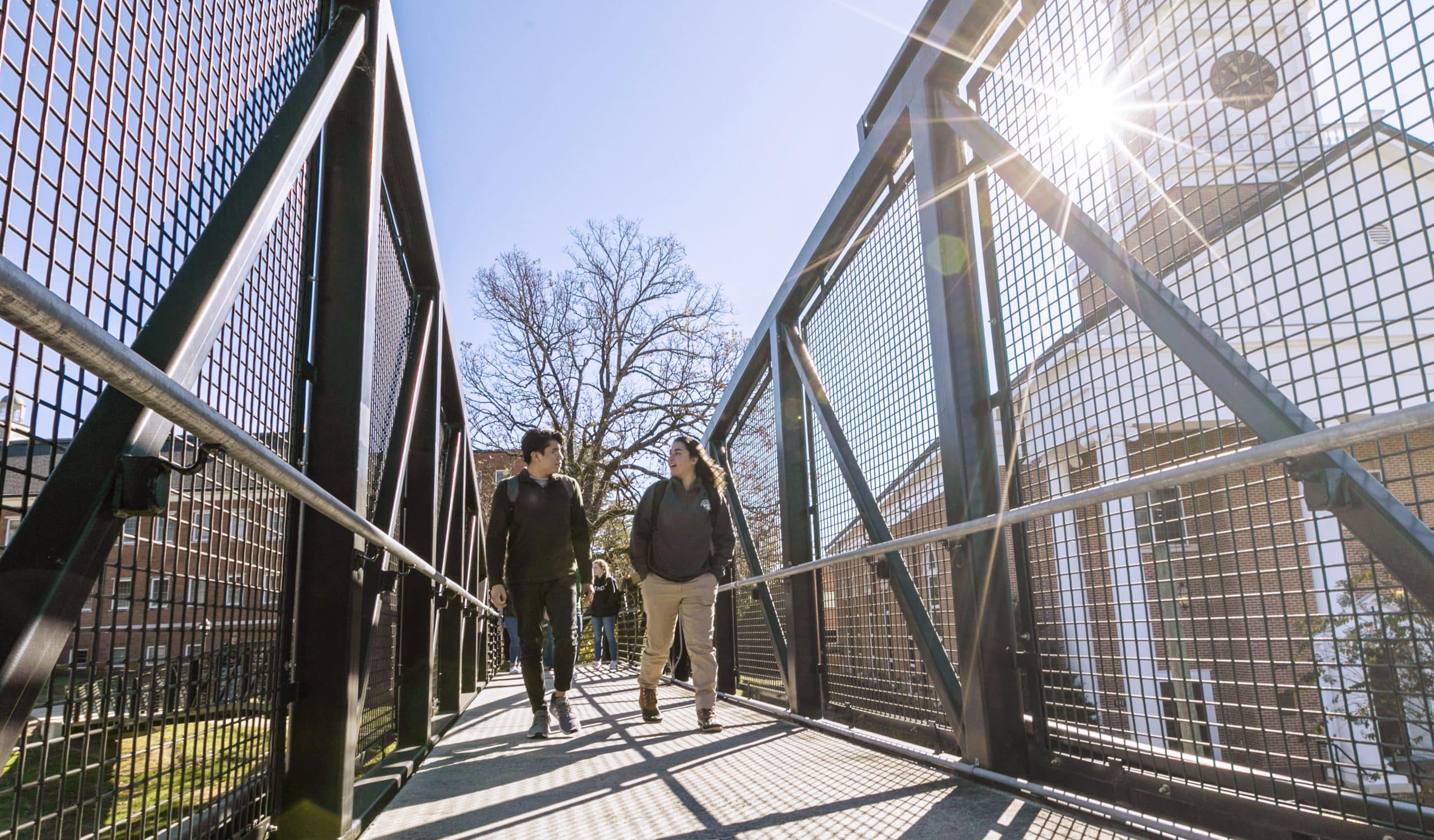Sociology


Why Pursue Sociology?
It is a complex, challenging, and fascinating time to be alive. At perhaps no other time have humans been so aware of the relationship between society and people’s lived experiences. Is the digital age bringing us together or ripping us apart? It is a question that sociology attempts to answer, and in following this line of study, Piedmont University students develop a greater understanding of the human condition and explore their relationship to it.
Sociology majors cultivate a broad, robust collection of knowledge and skills that prepare them well for a wide range of career pathways in the ever-changing contemporary occupational landscape. Graduates understand how to think critically, evaluate the quality of information, and draw meaningful conclusions from data. Graduates understand social dynamics and how differences impact people’s experiences. That understanding can help you succeed in a variety of careers, such as education, social services, ministry and law enforcement.

How a Piedmont Sociology Degree Helps You
- Develop a greater understanding of the human condition and explore your relationship to it.
- Learn the context behind how our society is developing and how we are reacting to it – especially in an unprecedented digital age.
- Debate and weigh the complexities that characterize contemporary U.S. society.
Career Opportunities
A sociology degree from Piedmont opens doors and a wide range of professional pursuits. For instance, our graduates have gone on to build successful careers in:
A degree in Sociology offers a strong understanding of social structures, inequality, and community needs—essential for a career in Social Services & Case Work. This foundation prepares individuals to advocate for vulnerable populations, design effective support programs, and promote social well-being through direct service and policy work.
A degree in Sociology provides valuable insights into social dynamics, learning environments, and cultural diversity—key for a career in Education. This foundation helps professionals understand students' needs, create inclusive curricula, and foster equitable learning opportunities in diverse educational settings.
A degree in Sociology provides a deep understanding of social behavior, community dynamics, and cultural differences—crucial for a career in Ministry. This foundation helps individuals connect with diverse congregations, offer support to those in need, and foster inclusive, compassionate spiritual guidance.
Understanding social behavior, criminal justice systems, and rehabilitation methods is key for a career as a Probation or Parole Officer. This foundation helps professionals assess risk, support offender rehabilitation, and promote successful reintegration into society.
Knowledge of social behavior, developmental stages, and mental health is essential for a career in Youth Counseling. This foundation helps professionals understand the unique challenges young people face, provide effective support, and guide them toward positive growth and emotional well-being.
A degree in Sociology provides a strong understanding of societal behavior, law enforcement systems, and public safety principles—essential for a career as a State Patrol Officer. This foundation supports effective decision-making, promotes community trust, and prepares professionals to enforce laws with fairness and integrity.
A degree in Sociology offers insight into social systems, policy development, and public administration—key for a career in Federal or State Civil Service. This foundation equips professionals to address community needs, implement effective programs, and contribute to equitable and informed governance.
More About Sociology
Learn more about Sociology and the variety of options available to you as a Piedmont student.
Piedmont University sociology students must complete 27-36 credit hours within their major, as well as at least 15 hours of electives, as part of their 120-hour, 4-year Bachelor of Arts degree. As part of our commitment to a rounded, liberal arts education, sociology majors may have up to 46 additional hours to use for electives. Students may use elective hours to earn a minor or another major, as well as to develop additional marketable skills. NOTE: Transfer students can complete this 30-credit-hour program in as little as one year.
By locating their experiences within the various social forces and conditions that characterize the contexts in which we live, students become aware of and learn to think critically about these structures. Students develop analytical and research skills to gain empirical knowledge about the social world. Students cultivate empathy and appreciation for the wide range of experiences within our society. By developing their sociological imaginations, students conceptualize alternative possibilities and cultivate their own unique perspectives about how to best reshape our institutions and the architecture of society.
For sociology majors, learning extends beyond the walls of the classroom. Internship opportunities enhance a student’s academic experience by presenting “real world” implications of sociological concepts. These experiences provide a hands-on perspective into working in each field while also enhancing professional and/or graduate school prospects. Also note that, during their senior year, students work with a faculty member to develop a research question and conduct their own, independent sociological research project.
Related Programs
Intrigued by Sociology? You might also be interested in one of these programs:



Where do I start?
To begin your journey toward becoming a Sociology student at Piedmont University, you can start by applying today! Or, schedule a campus visit and meet with admissions and financial aid advisors, as well as faculty members in health Sociology.


